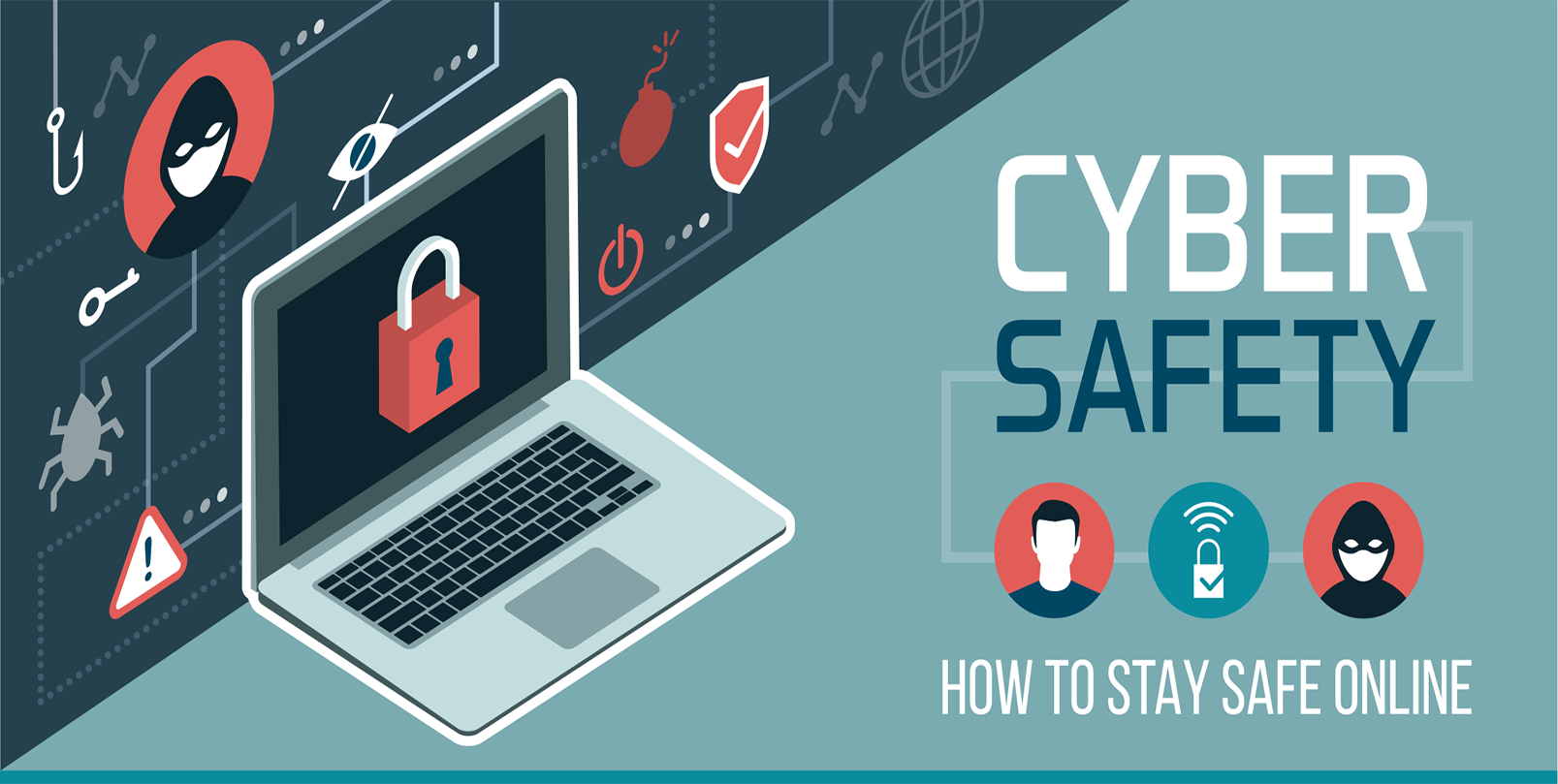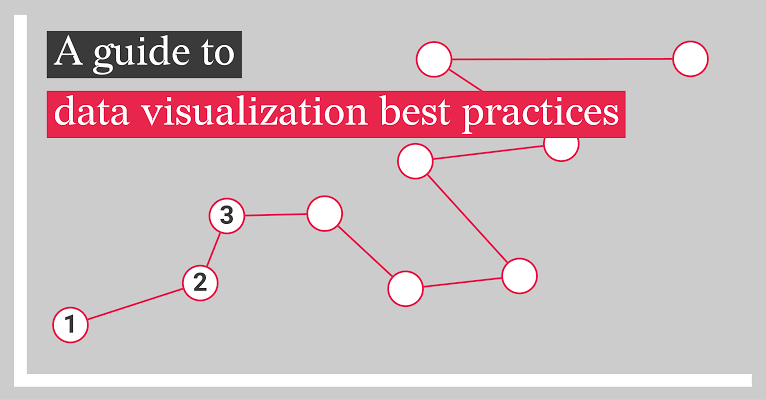Emerging technologies are reshaping the way societies function, businesses operate, and individuals live their daily lives. From artificial intelligence and blockchain to biotechnology and quantum computing, the pace of innovation in the 21st century is unprecedented. Understanding their impact requires a close look at the social, economic, and cultural shifts they are driving across the globe.
Defining Emerging Technologies
Emerging technologies refer to innovations that are still developing but hold significant potential to disrupt industries and redefine standards of living. They include technologies such as artificial intelligence, machine learning, robotics, biotechnology, blockchain, 5G networks, and augmented reality. While some are in early stages of adoption, others are already integrated into daily systems but continue to evolve rapidly.
These technologies differ from traditional innovations because of their transformative potential. They often do not only improve existing processes but also create entirely new business models, redefine skill sets, and introduce opportunities for economic growth and problem-solving.
Transforming the Global Economy
Emerging technologies are catalysts for economic growth by enabling automation, efficiency, and entirely new industries. Artificial intelligence, for example, has enhanced decision-making in finance, healthcare, and logistics. Automation powered by robotics is increasing productivity in manufacturing while reducing human error.
Blockchain is transforming financial systems by allowing transparent, decentralized, and secure transactions. Meanwhile, 5G connectivity has opened opportunities for smart cities, connected devices, and real-time communication that will support autonomous vehicles and the Internet of Things.
The economic benefits also extend to job creation in new fields such as AI engineering, data science, cybersecurity, and bioinformatics. However, this is balanced by the disruption of traditional jobs that rely on repetitive tasks, requiring societies to reskill and upskill the workforce.
Shaping Healthcare and Biotechnology
Healthcare has been one of the sectors most transformed by emerging technologies. Artificial intelligence is used to diagnose diseases faster and more accurately, while wearable devices monitor patient health in real time. Telemedicine platforms are making healthcare more accessible, especially in remote areas.
Biotechnology has also progressed significantly, with innovations in genetic engineering, personalized medicine, and vaccine development. The success of mRNA vaccines during the COVID-19 pandemic highlights how emerging technologies can accelerate solutions to global health crises.
At the same time, ethical concerns arise in areas like genetic modification, data privacy in health records, and the cost of advanced treatments, which could deepen inequalities in access to healthcare.
Impact on Education and Learning
The education sector has seen remarkable transformation through digital platforms and artificial intelligence. Personalized learning platforms powered by AI adapt content to individual students’ pace and preferences. Virtual reality and augmented reality provide immersive learning experiences, helping students understand complex concepts in science, history, and engineering.
Moreover, access to online courses and global classrooms is breaking geographical barriers to education. Students can now learn from anywhere in the world and interact with peers and instructors globally. However, the digital divide remains a major challenge, as not all students have access to devices, stable internet, or digital literacy.
Influencing Social Interaction and Culture
Emerging technologies have redefined how people interact socially and culturally. Social media platforms, powered by algorithms, influence trends, politics, and even individual decision-making. Virtual reality is creating new social spaces, allowing people to connect beyond physical limitations.
At the same time, concerns about misinformation, privacy violations, and digital addiction continue to grow. Technologies that bring people closer also pose risks of echo chambers, reduced face-to-face communication, and the spread of harmful content. Balancing innovation with ethical considerations has become an urgent priority.
Driving Innovation in Business and Industry
Businesses across industries are adopting emerging technologies to remain competitive. In retail, AI-driven recommendation systems personalize shopping experiences. In transportation, autonomous vehicles are being tested to improve safety and reduce congestion.
Supply chains are becoming smarter with the use of blockchain for transparent tracking of goods and AI for predictive analytics. Companies are investing heavily in digital transformation to adapt to customer expectations, streamline operations, and innovate faster.
However, the shift requires significant investment, digital literacy among employees, and strong cybersecurity measures to protect against increasingly sophisticated cyber threats.
Environmental and Sustainability Impacts
Emerging technologies also have the potential to support sustainability. Renewable energy technologies like solar and wind are being improved through AI-powered optimization. Smart grids help manage energy consumption efficiently, while biotechnology is exploring solutions to reduce waste and pollution.
Artificial intelligence is aiding climate modeling, predicting weather patterns, and supporting conservation efforts. Yet, technologies such as cryptocurrency mining raise concerns about high energy consumption, and the production of electronic devices adds to global e-waste challenges.
Ethical and Regulatory Considerations
As technologies advance, they raise complex ethical and regulatory questions. Who owns the data collected by AI systems? How can biases in algorithms be minimized to ensure fairness? Should governments regulate genetic engineering to avoid misuse?
The global community is grappling with these issues, as policymakers, researchers, and industry leaders work together to establish frameworks that balance innovation with safety, privacy, and inclusivity. The challenge lies in creating regulations that are adaptive, as technology often outpaces legislation.
Preparing for the Future
The impact of emerging technologies will continue to intensify, making it essential for individuals, businesses, and governments to adapt proactively. Key steps include:
- Continuous investment in research and innovation.
- Building digital literacy and lifelong learning systems.
- Developing ethical frameworks to guide technology use.
- Supporting equitable access to digital tools and infrastructure.
- Strengthening international collaboration to address global challenges.
Conclusion
Emerging technologies are more than tools; they are powerful forces that redefine the structures of economies, societies, and cultures. Their benefits range from increased efficiency and improved healthcare to expanded access to education and solutions for sustainability. At the same time, they pose significant challenges in ethics, employment, and equity.
The future will depend on how humanity balances innovation with responsibility. By embracing opportunities while addressing risks thoughtfully, societies can ensure that emerging technologies become a force for inclusive progress and global well-being.



